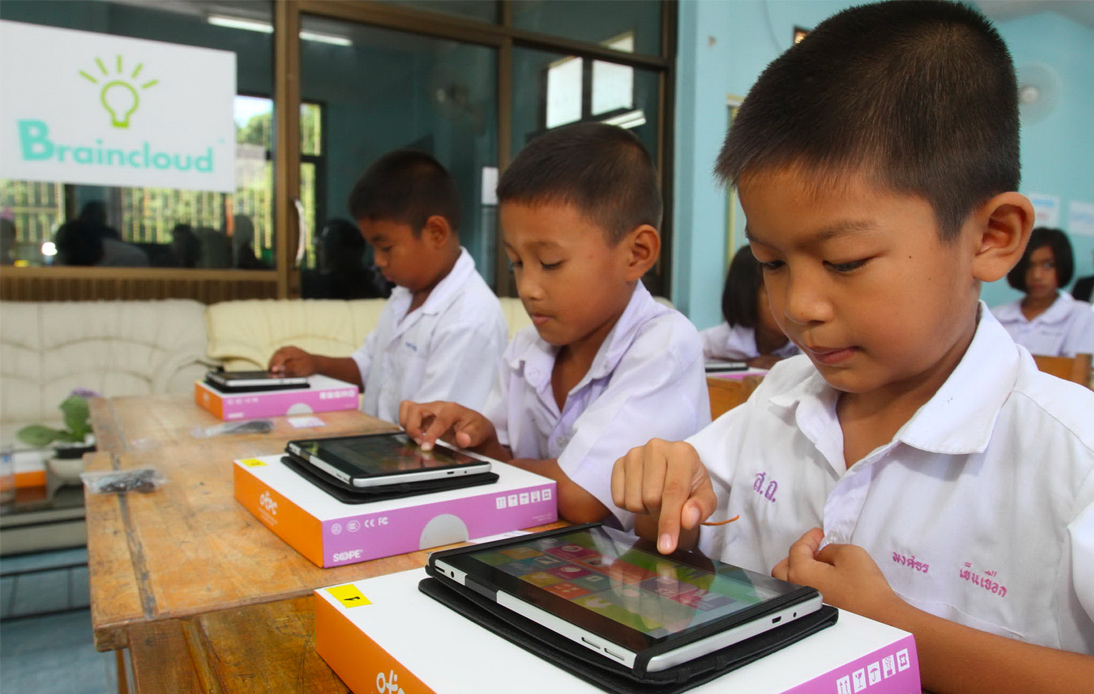
The Ministry of Education is set to reintroduce an initiative — first launched by an earlier Pheu Thai administration a decade ago — to equip every student and teacher throughout the country with one tablet device each, fostering equal opportunities in education.
This strategy was among many disclosed on Thursday by the Head of Education Permpoon Chidchob alongside his associate Surasak Phancharoenworakul, both affiliates of the Bhumjaithai Group within the Pheu Thai-led alliance.
During a conference with department representatives, the officials stated their objective was to cultivate “good learning, with happiness”.
Pol Gen Permpoon announced his plans to lessen the workload on teachers and educational staff by streamlining the methodology for assessing their scholarly achievements and facilitating their optional reassignment to native areas.
He also intends to abolish position acquisitions and address the financial issues plaguing teachers.
He affirmed that each pupil would additionally be granted a tablet to lessen their financial burden and diminish the gap in educational chances through the “one student, one tablet” scheme.
Pol Gen Permpoon noted he was continuously examining the financial requirements of the initiative. If the available funds are inadequate, the acquisition of tablets could be facilitated through loans or leasing agreements, he remarked.
The “one student, one tablet” project was initially suggested by the cabinet led by the previous prime minister Yingluck Shinawatra in 2011. The handout of tablets to 860,000 Prathom 1 (Grade 1) students commenced in mid-2012, allocating a fund of 1.7 billion baht.
In that phase, considerable doubts were raised regarding the expense and feasibility of the project. The longevity of budget-friendly Chinese Android-operated tablets was likewise scrutinized.
An investigation performed by the National Statistical Bureau (NSO) following the first year pinpointed several issues, including malfunctioning units, increased anti-social tendencies, and declining handwriting abilities.
However, a large majority of leaders and educators expressed their approval of the overall policy. The NSO analysis revealed that 99% of the classrooms that acquired the tablets utilized them actively.
Teachers acknowledged the significant impact of the tablets in enhancing linguistic proficiency, in both English and Thai languages.
Conversely, about 9% of the distributed tablets manifested hardware glitches, encompassing cracked screens, charging malfunctions, and incorrect or missing software installations.
The tablet initiative experienced a renewal for a subsequent term but was later terminated by Adm Narong Pipattanasai, a past naval chief who succeeded as the educational leader post the military takeover in 2014.




















